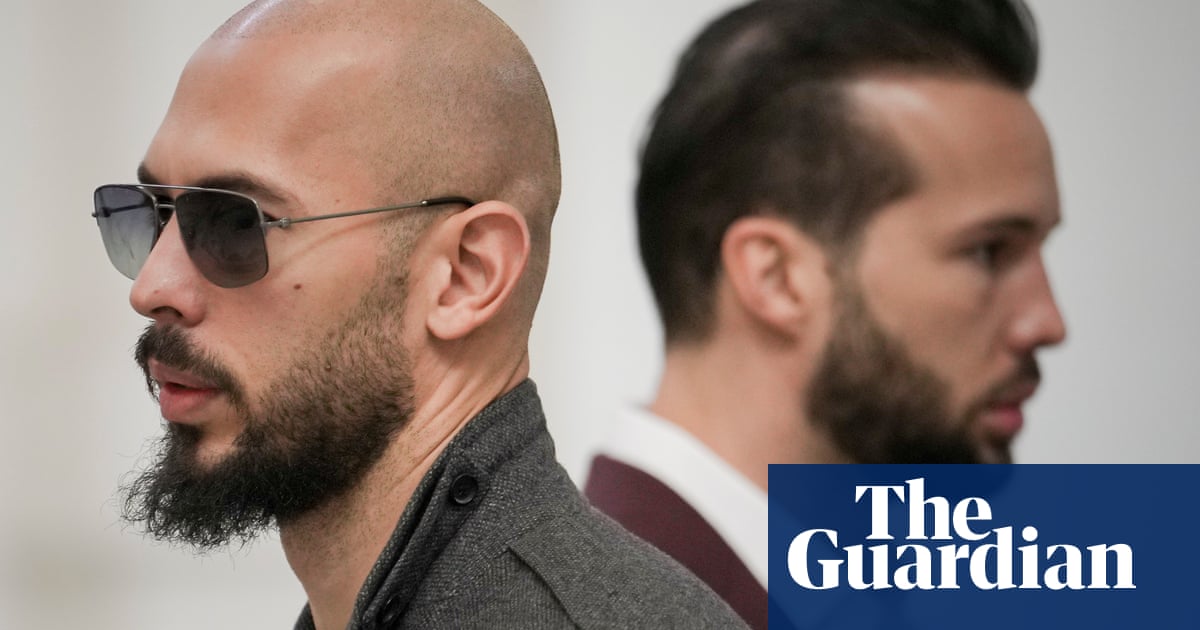Teachers describe a deterioration in behaviour and attitudes that has proved to be fertile terrain for misogynistic influencers
“As soon as I mention feminism, you can feel the shift in the room; they’re shuffling in their seats.” Mike Nicholson holds workshops with teenage boys about the challenges of impending manhood. Standing up for the sisterhood, it seems, is the last thing on their minds.
When Nicholson says he is a feminist himself, “I can see them look at me, like, ‘I used to like you.’”
Once Nicholson, whose programme is called Progressive Masculinity, unpacks the fact that feminism means equal rights and opportunities for women, many of the boys with whom he works are won over.
“A lot of it is bred from misunderstanding and how the word is smeared,” he says.
But he is battling against what he calls a “dominance-based model” of masculinity. “These old-fashioned, regressive ideas are having a renaissance, through your masculinity influencers – your grifters, like Andrew Tate.”



…yeah, at least some of the time. Is that so hard to believe? We have whole specialist medical centers dedicated to broken legs but not a single broken arm specialist. Yeah, usually setting a broken arm isn’t that difficult, but sometimes it is, and we don’t have anyone to help.
True, and for that reason I understand your frustration. It does happen a lot, and there’s a lot of shitty incel types out there eager to disrupt a good faith conversation. But this isn’t a topic about women. This is explicitly a topic about how men view feminism. I’m not going off-subject or derailing here: this is the subject.
Dude I WORK IN THE TRADES, I think I might have a better view of it than you. Been a blue collar laborer all my life, and I don’t recall ever seeing a jobs program for women that wasn’t geared towards something white-collar, even if it may nominally interact with blue collar labor sectors. In any case, you linked a few government diversity initiatives, which is nice, not really doing much, but nice.
None of it is feminists.Actually, I’ve thought about this a bit more, and I think it’s fair to assume that the US DoL Women’s Bureau contains a lot of feminists and uses feminist ideology in its policies. I still maintain that it’s not doing much and it’s not something that feminists give much thought to. But I’ll concede it’s on the radar. I was not aware of this or similar programs. Maybe if we 100x them we could start to address inequality in the trades.I wouldn’t say it’s “overwhelmingly positive”, though there is much more support of the idea than I was expecting. This thread is a counter-example. This response strikes me as particularly honest and self-reflective…it’s not malicious, per se, it’s just indifference.
Okay, there’s a gazillion small scholarships out there, statistically some of them will be for men. That’s not what I meant. I meant an organized, concerted, well-funded effort to increase college participation rates by men by offering scholarships.
No, I’m sorry, I should have clarified. I was referring to the gender gap in college enrollment, not any gap in cost. Scholarships were just the first tool that came to mind that could be theoretically used to increase male college enrollment.